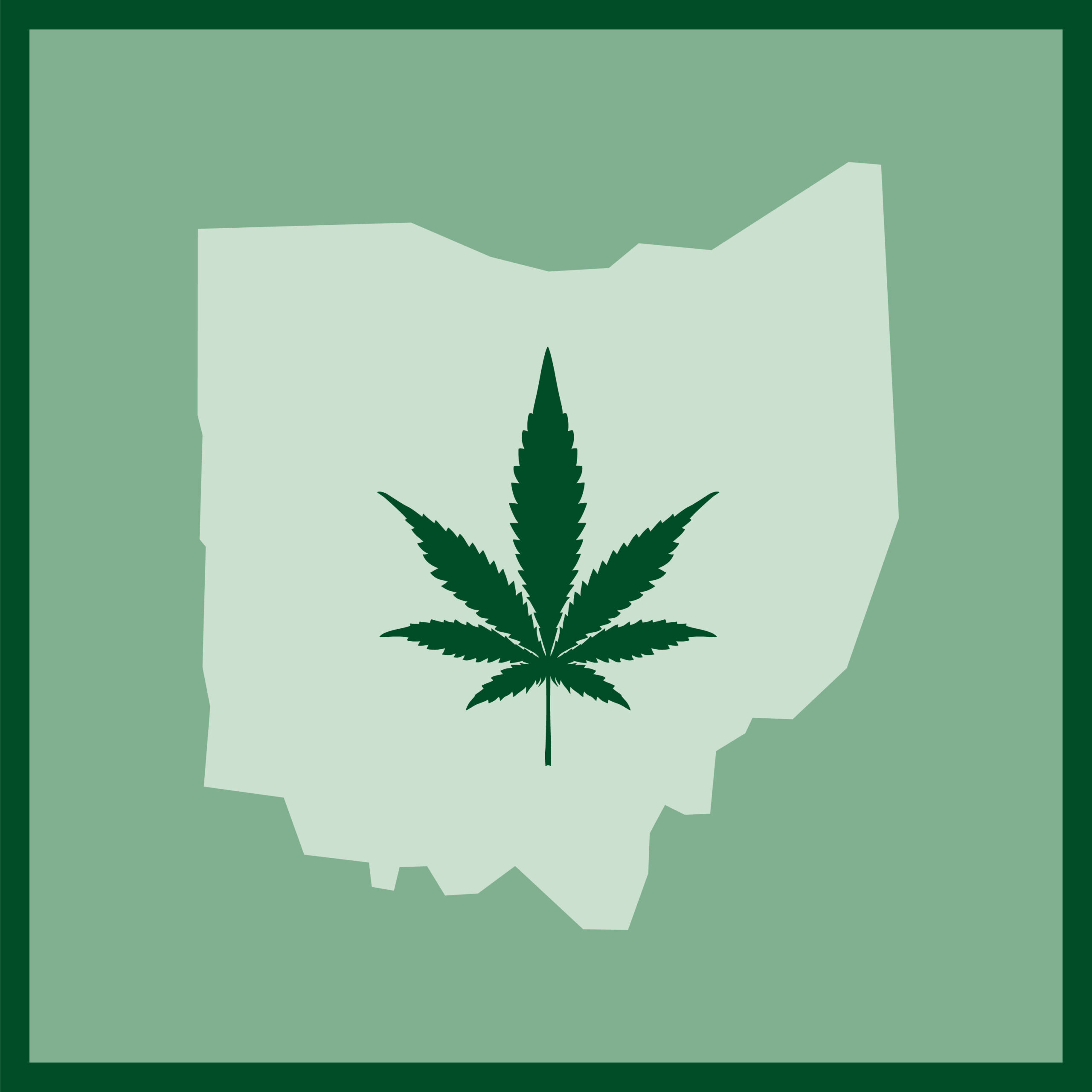Hemp in Ohio
As published on the Cannabis Law blog.
UPDATE: February 19, 2019
Over the past several months, we have been meeting with Ohio policymakers to assist in the development of sound hemp policy in Ohio. This work is starting to bear fruit. We predicted last week that legislation would be introduced soon in the General Assembly, and that has now happened. A new bill to legalize and regulate hemp in Ohio was introduced in the Ohio Senate this morning.
We are reviewing and analyzing this formal draft, but even after a brief review it is apparent that the goal is to take a free market approach to hemp in Ohio, legalizing not only hemp cultivation but also the extraction and distribution of CBD and other hemp extracts in the Buckeye State.
To read the draft hemp legislation, please click here. We will post another update with a more detailed analysis in the coming days.
February 14, 2019
As we’ve written about in the past, the recent passage of the Farm Bill is a watershed moment for hemp. The Farm Bill removed Hemp from the federal Controlled Substances Act and made the plant and its derivatives legal under federal law. Thus, under federal law, marijuana and hemp are treated separately: marijuana remains illegal while hemp is now legal.
Things are less clear under Ohio law, where state agencies have taken the position that hemp still falls under the same definition as marijuana. Therefore, they treat hemp the same and regulate it under the provisions of the medical marijuana law. They argue that the use of hemp or its derivatives (think CBD) outside these regulations violates Ohio law, and have begun cracking down on CBD sales in the state.
This situation has created significant uncertainty for all. The more we look for ways to address and resolve the uncertainty, the more we see just how confused people are concerning marijuana and hemp, and the confusion often centers on the nomenclature we use to talk about hemp.
Both hemp and marijuana belong to the cannabis genus. The Farm Bill, and state laws mirroring the Farm Bill, make a distinction between the two based only on THC content. Hemp is generally defined as a cannabis plant that contains less than 0.3% THC, while marijuana is a cannabis plant that contains higher levels of THC.
Importantly, though, both marijuana and hemp can contain CBD. In some states, for example, it can be legal under state law to purchase and sell hemp-derived CBD products but illegal to purchase and sell marijuana-derived CBD products.
There is no question that there is a market for CBD and other hemp-derived products, especially given the interest in CBD to manage pain, anxiety, insomnia, and even childhood epilepsy syndromes. But there remains a need for additional research to gauge the efficacy of CBD to treat these and other ailments.
Given the market for CBD and other hemp products in Ohio, it’s clear that Ohio law needs to change to accommodate this evolving industry – and the Ohio legislature is positioning itself to do just that. We told Crain’s Cleveland Business last year that we were working on hemp legislation and that we expected action in Ohio in 2019, and it’s looking like that next step is going to come very soon through the introduction of hemp legislation in the General Assembly.
If legislation is passed in 2019 – as we expect it will – then Ohio farmers should be able to begin cultivating hemp outdoors in the 2020 growing season. This will permit them to compete with farmers in other states, including those who will be growing thousands of acres’ worth of hemp in Kentucky this year.
We’ll continue to follow this issue closely and will provide regular updates on our efforts to develop and craft good hemp policy in Ohio. Stay tuned.


